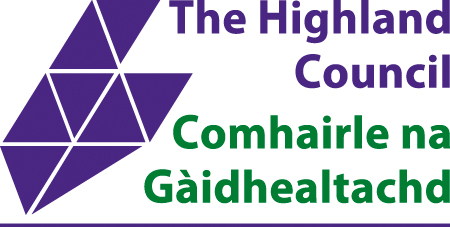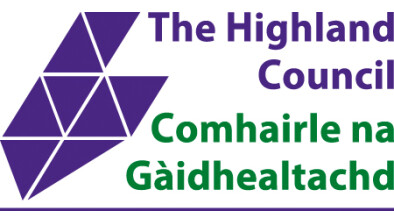Financial crisis affecting affordability of Highland Council’s Capital Programme

The latest impacts on the Highland Council’s Capital Programme are to be considered by councillors this week with a number of reports setting out the context of the ongoing financial crisis across the UK.
A range of factors, including the pandemic, Brexit, the war in Ukraine, and related impacts continue to affect the council and communities across Highland.
Key challenges affecting the current approved Capital Programme, include cost pressures arising from inflation levels, shortage of products and materials, and lack of availability of contractors and sub-contractors. The recent unforeseen rises in interest rates have had a further significant impact on the affordability of the Programme, along with the rising costs of materials and labour costs.
Rising interest rates pose a risk to future revenue budgets for decades to come. Interest rates continue to be volatile and it is therefore difficult to predict the future trend with any degree of certainty.
As an example, to illustrate the impact of these factors, the total cost payable for a primary school project financed by borrowing costing £15 million at a 2% interest rate would have been £22.9m. If the capital cost of that project has now risen to £20m and with interest rates now approximately 5% the overall project cost increases to £50.7m, an increase of £27.8m, and more than double the original payback cost.
Leader of The Highland Council, Councillor Raymond Bremner, said: “We can’t underestimate the wider impacts of the present fast-moving financial crisis we find ourselves in. When the current Programme was set in December 2021, interest rates continued to remain at historically low levels and, on average, long-term borrowing for up to 60 years could be obtained at an interest rate of around 2%.
“There is much in the Capital Programme we need and want to progress. However, this is a phenomenal situation which has the potential to worsen in the coming months. It is imperative that we have a full understanding of the long-term consequences of any decisions we make.”
Members will consider the risks highlighted in the report at Council on 27 October prior to the capital programme being brought back to the December Council meeting following a full review.







